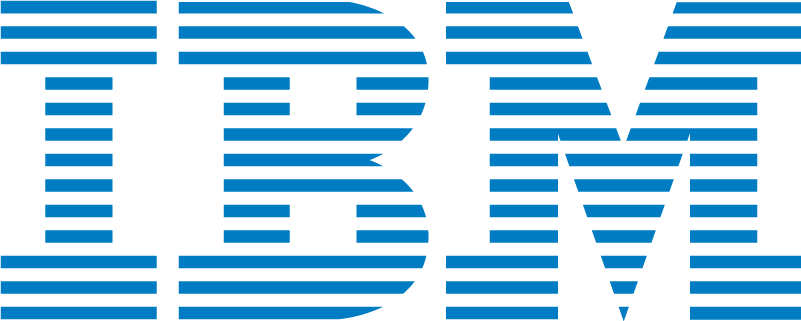Visa Study Reveals Growing Adoption of Real-Time...
- 02.02.2026 09:05 am
44% of UK Consumers Have Had Journey Disrupted by...
- 30.01.2026 09:30 am
Viva.com Extends BLIK Code Payments to In-Store...
- 29.01.2026 09:05 am
Clip Unveils Its New Tap to Pay Solution That Turns...
- 29.01.2026 08:05 am
Archax and OpenPayd Partner to Streamline Multi-...
- 28.01.2026 11:55 am
ADCB Egypt Goes Live With Temenos to Modernize...
- 28.01.2026 09:15 am
TerraPay Partners with MilX to Power Global Payouts...
- 28.01.2026 08:50 am
Artajasa, the Largest Operator of Indonesia’s QRIS,...
- 28.01.2026 08:35 am
Eftsure Partners With iPiD to Strengthen Enterprise...
- 28.01.2026 08:10 am
Spreedly Announces Record Growth Across the Open...
- 27.01.2026 01:55 pm
PayPal Goes Live in Nigeria Through Paga, Enabling...
- 27.01.2026 11:55 am
Checkout.com Acquires Blue EMI, a Licensed Issuer of...
- 27.01.2026 11:45 am






















